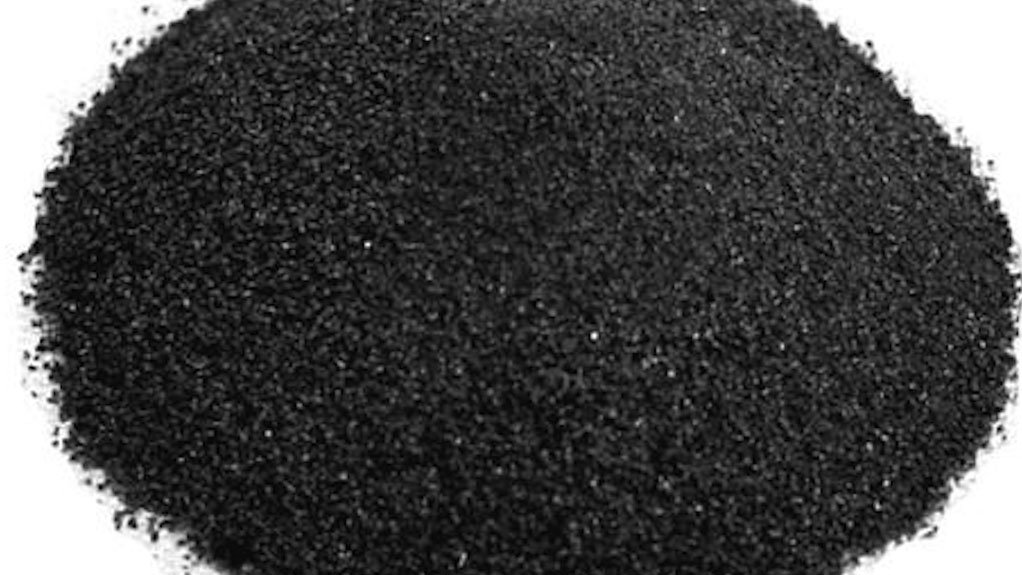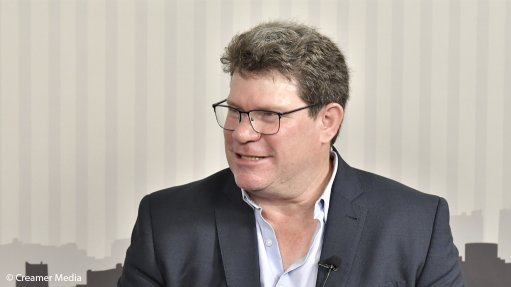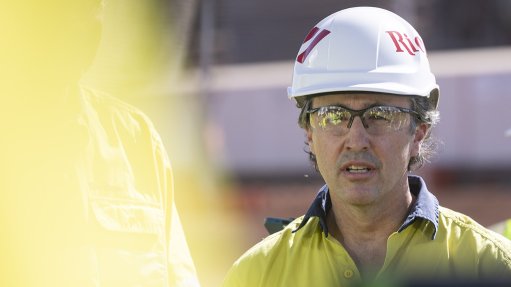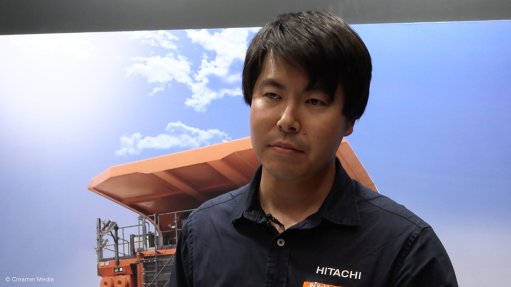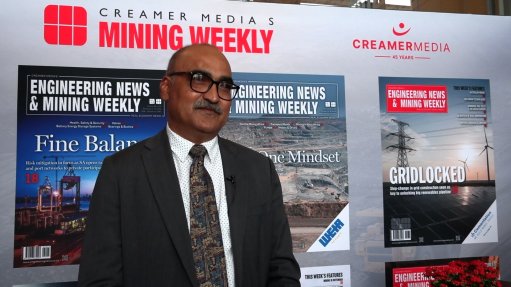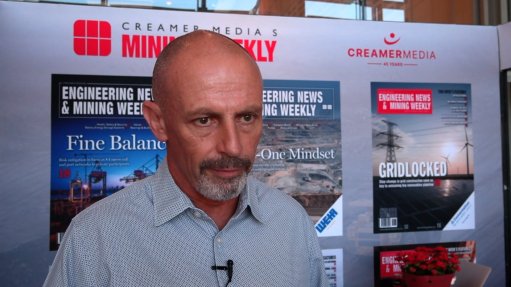Mkango subsidiary achieves first commercial-scale rare earth powder production from scrap
Toronto- and London-listed Mkango Resources has successfully conducted first production runs for commercial-scale hydrogen processing of magnet scrap (HPMS) as part of a trial process at the University of Birmingham, in the UK.
With the support of commercial partner HyProMag, Mkango is advancing a rare earth magnet recycling and manufacturing plant in Birmingham.
The HPMS vessel is fundamental to the plant, producing a high-grade recycled neodymium-iron-boron (NdFeB) alloy powder for commercial scale or to feed downstream magnet manufacturing, Mkango explains.
The plant, which is located in Tyseley Energy Park, Birmingham, will be commissioned sequentially over the coming months and serve as the only commercial-scale rare earth sintered magnet-making facility in the UK.
HyProMag is targeting sales of 0.5 t a month of recycled HPMS NdFeB product by the end of July and increasing sales to at least 2 t a month by the end of the year.
By next year, HyProMag wants to ramp up production to between 100 t/y and 350 t/y, with further expansions being evaluated.
These commercial operations will be underpinned by existing NdFeB scrap inventories, ongoing purchases of scrap and product offtake, spot purchases and sales.
The NdFeB product from HPMS processing has a total rare earth content exceeding 28% and is analogous to a typical NdFeB alloy for magnet manufacturing, while having a lower carbon footprint relative to primary production of NdFeB and other recycled NdFeB products.
While initial volumes will be sold to third parties for long-loop chemical processing, HyProMag will eventually use the material for magnet manufacturing.
Currently, the accelerated pilot programme at the university is providing NdFeB powder, block and finished magnet samples to customers to support product marketing, offtake discussions and scale-up of the planned operations in the UK.
HyProMag is also rolling out HPMS technology into Germany and the US, with evaluations for other jurisdictions such as Japan, Canada and South Korea being under way.
The HPMS technology was developed by the Magnetic Materials Group at the University of Birmingham, with $100-million of research and development funding having been provided by the UK’s Industrial Strategy Challenge Fund.
Mkango CE Will Dawes says this is a major milestone for Mkango, HyProMag, the University of Birmingham and all other stakeholders.
“Bringing back sintered magnet manufacturing to the UK after a 20-year hiatus will be a major step forward for the UK's critical mineral ambitions. It also creates a strong platform for further expansion in the UK and we are evaluating expansion options and partnership opportunities to accelerate development,” he states.
For HyProMag MD Nick Mann, seeing first HPMS powder production from the commercial scale vessel is a credit to the dedication and vision of the combined HyProMag and University of Birmingham teams who have worked hard to reach this milestone.
Magnetic Materials Group head and HyProMag founding director Allan Walton says the Magnetic Materials Group has been at the forefront of research into recycling of rare earth magnets since Professor Rex Harris conceived the idea of directly recycling spent sintered magnets back into new materials using hydrogen 20 years ago.
Since then, multiple process routes incorporating HPMS have been developed and proven at pilot scale. “This new plant will enable commercial scale demonstration of the technology for the first time, which has only been possible because of the dedication and skills of all stakeholders.”
Mkango holds a 79.4% interest in Maginito, which in turn owns 100% of HyproMag. Mkango also owns the Songwe Hill rare earths project, in Malawi, as well as the Pulawy rare earths separation project, in Poland.
It announced earlier this month that its subsidiary Lancaster Exploration had entered into an agreement to merge with US company Crown PropTech Acquisitions to create an integrated rare earths company combining the Songwe Hill project and the Pulawy project, but excluding Mkango’s recycling operations in the US and Europe.
The merged company, to be named Mkango Rare Earths, will focus on providing sustainably sourced rare earth materials for global markets.
Article Enquiry
Email Article
Save Article
Feedback
To advertise email advertising@creamermedia.co.za or click here
Announcements
What's On
Subscribe to improve your user experience...
Option 1 (equivalent of R125 a month):
Receive a weekly copy of Creamer Media's Engineering News & Mining Weekly magazine
(print copy for those in South Africa and e-magazine for those outside of South Africa)
Receive daily email newsletters
Access to full search results
Access archive of magazine back copies
Access to Projects in Progress
Access to ONE Research Report of your choice in PDF format
Option 2 (equivalent of R375 a month):
All benefits from Option 1
PLUS
Access to Creamer Media's Research Channel Africa for ALL Research Reports, in PDF format, on various industrial and mining sectors
including Electricity; Water; Energy Transition; Hydrogen; Roads, Rail and Ports; Coal; Gold; Platinum; Battery Metals; etc.
Already a subscriber?
Forgotten your password?
Receive weekly copy of Creamer Media's Engineering News & Mining Weekly magazine (print copy for those in South Africa and e-magazine for those outside of South Africa)
➕
Recieve daily email newsletters
➕
Access to full search results
➕
Access archive of magazine back copies
➕
Access to Projects in Progress
➕
Access to ONE Research Report of your choice in PDF format
RESEARCH CHANNEL AFRICA
R4500 (equivalent of R375 a month)
SUBSCRIBEAll benefits from Option 1
➕
Access to Creamer Media's Research Channel Africa for ALL Research Reports on various industrial and mining sectors, in PDF format, including on:
Electricity
➕
Water
➕
Energy Transition
➕
Hydrogen
➕
Roads, Rail and Ports
➕
Coal
➕
Gold
➕
Platinum
➕
Battery Metals
➕
etc.
Receive all benefits from Option 1 or Option 2 delivered to numerous people at your company
➕
Multiple User names and Passwords for simultaneous log-ins
➕
Intranet integration access to all in your organisation



